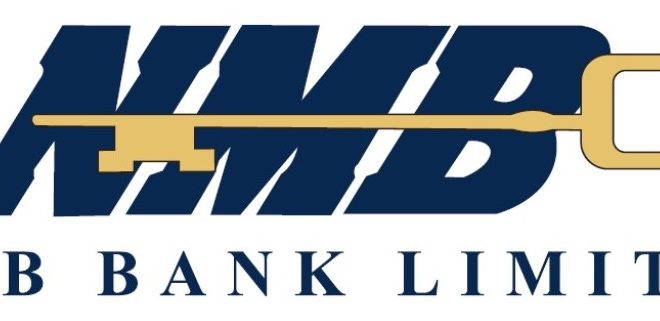ZMX receipts get liquid asset status
Liquid asset status on the ZMX Warehouse receipts is expected to drive volumes at the commodities exchange and grant holders more financial freedom
The Reserve Bank of Zimbabwe (RBZ) has conferred liquid asset status on Zimbabwe Mercantile Exchange (ZMX) warehouse receipts, which gives holders greater financial flexibility.
According to the ZMX, the liquidity asset status means the warehouse receipt has become a tradable and negotiable instrument that can be easily converted into cash.
A Warehouse Receipt is a legal document that provides proof of ownership of a commodity stored in a certified and approved warehouse, providing evidence of quantity, grade and quality of the stored commodity.
It is recognised as a security in accordance with the Securities Act and worldwide such instruments can be used for commodity trading and financing as well as collateral for loans.
The ZMX Warehouse Receipt System is now fully operational and farmers, contractors and buyers of agricultural commodities are already using the platform to access safe and secure commodities storage as well as alternative, cost-effective financing from participating financial institutions.
ZMX chief executive Collen Tapfumaneyi said the conferment of a liquid asset status on the warehouse receipt instruments can benefit farmers in several ways.
“Overally, the conferment of a liquid asset status on warehouse receipt instruments can provide farmers with greater financial flexibility, better price stability, reduced storage costs, and improved crop quality control, all of which can help to enhance their income and livelihoods,” he said.
He said in terms of access to credit, the warehouse receipt financing allows farmers to use their stored crops as collateral to obtain loans from banks or other financial institutions and this can help farmers to finance their operations, pay their bills, and even expand their business.
In terms of price stabilisation, farmers can use warehouse receipt instruments to store their crops until prices have increased.
“This can help to stabilise prices in the market, as farmers can choose to sell their crops when the prices are favorable instead of being forced to sell at low prices due to immediate financial needs,” said Mr Tapfumaneyi.
He said the liquid status asset would reduce storage costs associated with storing and protecting their crops and keeping crops secure.
Approved warehouses normally have better facilities and expertise for handling and storing crops than farmers and this can lead to improved crop quality, resulting in higher prices and better marketability.
The Government recently granted the ZMX authority to commence maize trading on the platform, liberalising the buying and selling of the commodity in a development expected to boost the exchange and returns from the grain.
Mr Tapfumaneyi said bringing a major commodity like maize to the exchange would also push volumes as well as boost confidence in it.
This also enables the exchange to fully realise its mandate of facilitating the trade in the country’s agricultural commodities, allowing farmers to enjoy a price discovery.
One of the key objectives of the ZMX is to provide an open market for commodities, with willing buyers and willing sellers facilitating price discovery mechanisms.
The exchange also ensures a timeous settlement of transactions, on a willing buyer-willing seller basis with both parties agreeing on the price. -herald










